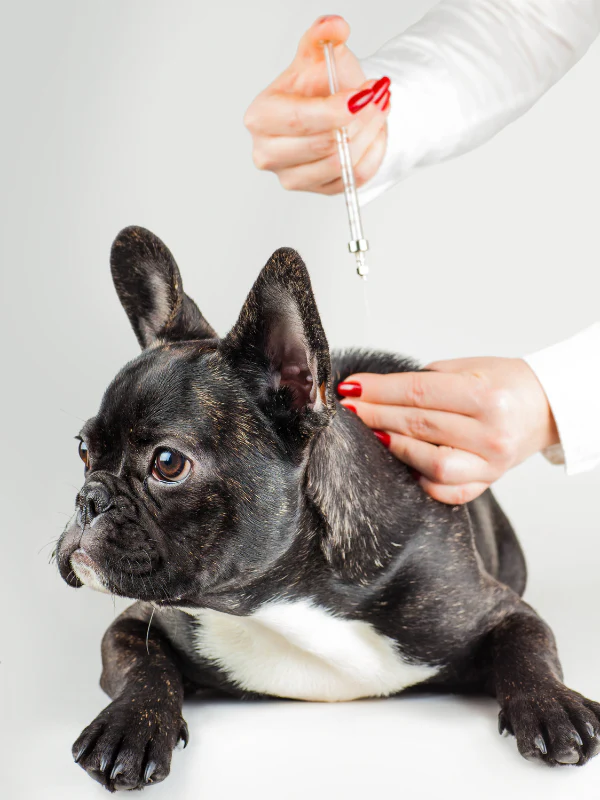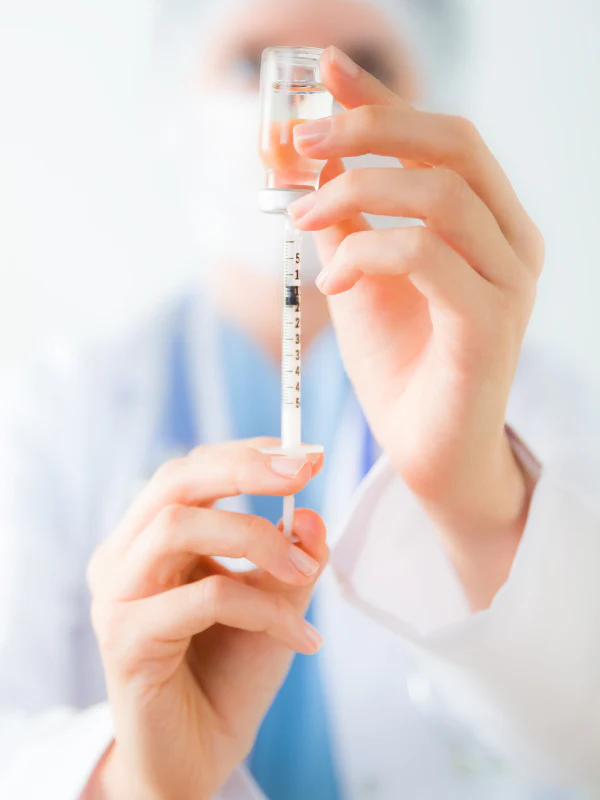Have you recently welcomed a furry little friend into your life? If so, congratulations! This is an exciting time, and one of the most important things you can do as a new pet parent is to ensure your puppy stays healthy. A key part of that responsibility is understanding and following the proper vaccination schedule.
Introduction to Puppy Vaccinations
Bringing a puppy home is a joyful experience, and keeping them healthy should be at the top of your priority list. One of the best ways to protect your new companion is through vaccinations. These shots help build their immunity and prevent serious, sometimes deadly, diseases.

The Importance of Puppy Vaccinations
Vaccinations are essential because they teach your puppy's immune system how to fight off dangerous viruses and bacteria. Without them, your pup is at risk for illnesses that can lead to long-term health problems or even death. Think of vaccines as a shield — they help keep your puppy safe from diseases that could otherwise be life-threatening.
Essential Puppy Vaccinations
There are several core vaccines that every puppy should receive. Here are some of the most important ones:
- Canine Parvovirus – This highly contagious virus attacks the gastrointestinal system and can be fatal if not treated quickly.
- Canine Distemper – A viral illness that affects the respiratory, gastrointestinal, and nervous systems.
- Canine Hepatitis – This virus targets the liver, kidneys, and other organs, making it a serious threat to your pup’s health.
- Rabies – A deadly virus that can be transmitted to humans through bites, which is why it's required by law in many areas.
Recommended Vaccination Schedule for Puppies

Your puppy's first round of vaccinations usually starts around 6 to 8 weeks of age. From there, they'll need booster shots every 3 to 4 weeks until they're about 16 weeks old. After that, your veterinarian will recommend a schedule based on your dog's lifestyle and local regulations.
What to Expect After Vaccination
It's normal for your puppy to feel a bit sluggish or have a mild fever after getting their shots. They might also eat less than usual. These side effects are usually temporary and should go away within a day or two. However, if your puppy shows signs of severe reactions—like swelling, difficulty breathing, or extreme lethargy—contact your vet right away.
Maintaining Your Puppy's Health Post-Vaccination
Vaccinations are just one part of keeping your puppy healthy. Along with regular checkups, make sure your pup has a balanced diet, plenty of exercise, and lots of love. Socialization is also important during this early stage of life, but always be cautious about exposing your puppy to unvaccinated animals or high-risk environments until they’re fully protected.
By staying proactive and following your vet’s recommendations, you’ll give your puppy the best chance at a long, healthy, and happy life. Remember, prevention is always better than cure—and vaccinations are one of the most effective forms of prevention available.
FAQ Section
When should my puppy start their vaccinations? Most puppies begin their vaccination series at 6 to 8 weeks of age.
What are the possible side effects of vaccinations? Common side effects include mild fever, tiredness, and a decreased appetite. Severe reactions are rare but should be taken seriously.
How often does my puppy need to be vaccinated? After the initial dose, follow-up shots are typically given every 3 to 4 weeks until the puppy is about 16 weeks old.
Is it safe to take my puppy outside before they're fully vaccinated? It's best to avoid public places and contact with unvaccinated dogs until your puppy has completed their vaccine series.
What if my puppy misses a vaccine appointment? If your puppy misses a shot, contact your vet as soon as possible to reschedule. Sticking to the recommended schedule ensures maximum protection.
Leather Storage Basket,Saddle Leather Storage Basket,Storage Basket With Lid,Woven Storage Basket
Foshan City Misirui Furniture Co., Limited , https://www.misiruifurniture.com